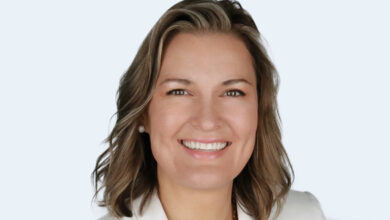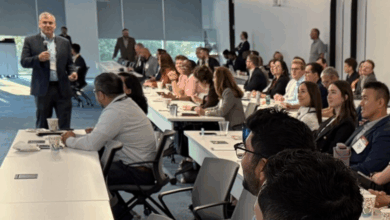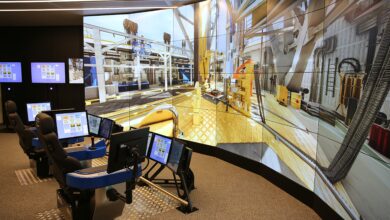Striving for ‘factually complete,’ not just ‘completely factual’
By Linda Hsieh, Editor & Publisher
In 2023, wind achieved a record year for new build with over 115 GW coming online. Further, solar and wind together saw a dramatic 67% increase in capacity.
Those are important findings from the newest Statistical Review of World Energy, but the context would not be complete if you didn’t consider them along with other findings from the same report: Consumption of crude oil surpassed the 100 million bbl/day mark for the first time ever in 2023. In fact, global consumption of fossil fuels reached a record high last year, and fossil fuels still represented 81.5% of the overall energy mix.
So, yes, renewables are growing exponentially, but it’s still oil and natural gas doing most of the heavy lifting when it comes to powering the world. Context like that is crucial to understanding the full picture around the world’s energy landscape, said Jennifer Smith, Senior Fellow at Switch Energy Alliance (SEA). I met Jennifer at a recent Houston Public Media event, where she eloquently advocated for the need for energy diversification and addition, rather than an energy transition. Ensuring that the public and policymakers have all the facts – and understand them in context with each other –
is a key aim of the SEA.
“We have to differentiate between being ‘completely factual’ and ‘factually complete,’ she said. “It’s completely factual that solar and wind have grown dramatically year over year for the past two years, but it’s a more factually complete statement to also say that they remain under 6% of the total resources used.”
The organization also advocates for people to come to what they call “the radical middle.” This simply means that society must work together to achieve a balance among the three legs of energy, economy and environment, which are equally important to modern human life.
What’s so “radical” about this? Simply that, as a society today, we are typically not listening to each other to identify common ground, nor are we very open to making tradeoffs in order to achieve that balance. “That’s not the norm today. Therefore, it feels radical,” Jennifer said. If this message resonates with you, use the link below to find out more about what the SEA is doing to educate the public about energy and how you can play a role. DC
Click here to learn about the Switch Energy Alliance and its work on energy education.




